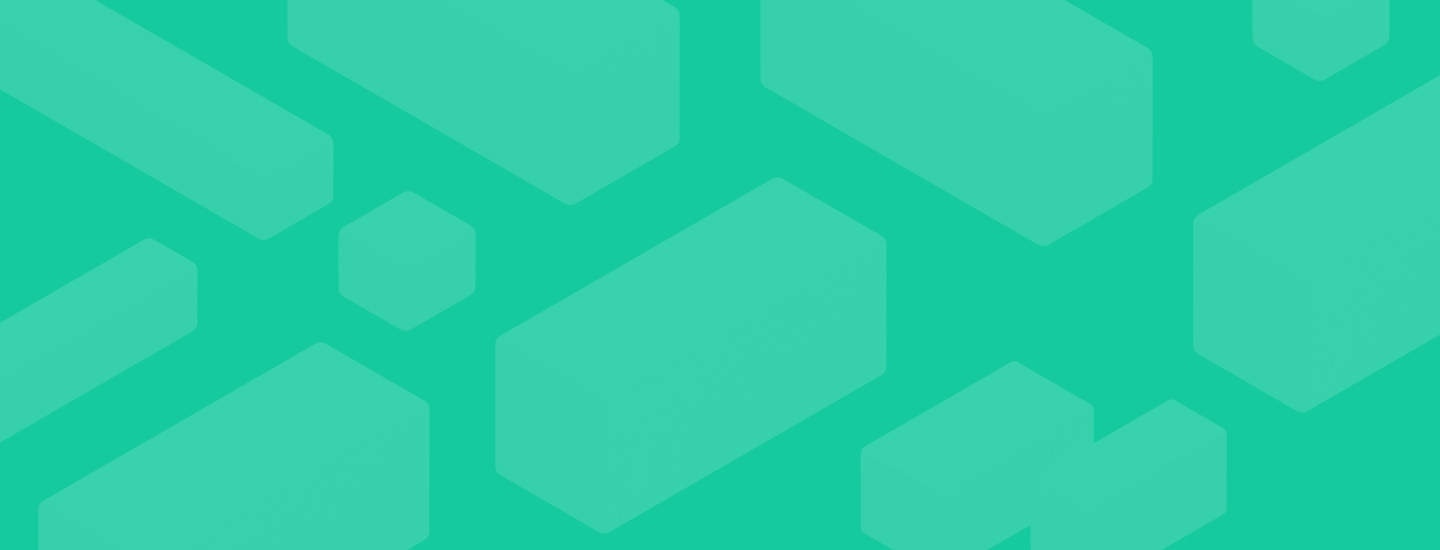Hark - Clinical Task Management
How Evident Studio increased clinical response time by 37% and improved data transfer efficiency in 91.6% of cases within 6 months.
Across an average hospital, clinical staff perform thousands of clinical tasks every day. Hundreds of staff, spread over the hospital. Day shift and night shift.
| Client | Challenge |
|---|---|
|
Imperial College London
Imperial College Healthcare NHS Trust provides specialist healthcare for over 1,000,000 people per year across 5 hospitals in Central and West London. | No one uses pagers and paper notes to pass important messages anymore, right?
Wrong. It’s still a common practice in a lot of hospitals, despite the inefficiencies and progression in cheap, available technology. The team at Imperial College wanted to address the issues with prioritisation, tracking, and oversight of patient handover data. Pen and paper and pager approaches simply weren’t good enough. And they needed something that was easier to manage with a higher degree of accuracy. | |
| Results | Evident Studio Services |
|
|
Imperial set out on a search for a partner who could help build a system that helped overcome the issues borne from outdated communication methods.
In particular, they wanted to solve::
The lack of a clear audit trail when data is handed off from one practitioner to another.
The inefficiencies of limited data transfer that comes with pen and paper and pager based approaches.
The risk of losing sensitive customer information through unsecured communication channels.
The difficulty in setting clear priorities to keep all participants informed of best practices.
When the average hospital’s staff are handling thousands of clinical tasks every single day, the problems listed above can soon grow to cause unacceptable delays in care, and astronomical rises in cost.
These are the problems we aimed to remove with Hark.
Solution
At first, we weren’t certain what the best solution to this problem would be. As with all of our clients, we initiated this engagement with a rigorous observation and interview process to find the cause of problems and most impactful solutions.
We soon identified the key problem areas. The communication system they were using suffered from 3 key problems.
- No way to prioritise tasks
- No way to see who has been waiting and for how long
- No way to know what has happened to the patient you’re taking responsibility for
Aware of these primary problems, we set out to built a digital-first solution that would address these issues.
We noticed that smartphones are abundant in hospitals. Every doctor carries a smartphone. Along with every nurse and even the healthcare assistants.
An app that was always available to staff through their smartphones seemed to be the obvious solution and an easy way to solve the problems in trackable communication.
We interviewed several key stakeholders across all sections that interacted with patients to identify what would make their jobs easier and more efficient.
Within 6 months we built the first working version of an app that was always available to the various healthcare professionals and allowed them to easily track, prioritise, and understand their patients’ care.
Results
Within a few weeks of implementation under pilot conditions, we saw drastic improvements in key metrics that led to better healthcare experience for patients.
Information transfer improved in 22 of 24 (91.6%) of use cases.
Response times were 37% faster than the existing method.
The app was acquired by Google Deepmind to become a part of their Streams offer.
